What is the cost of owning a boat?
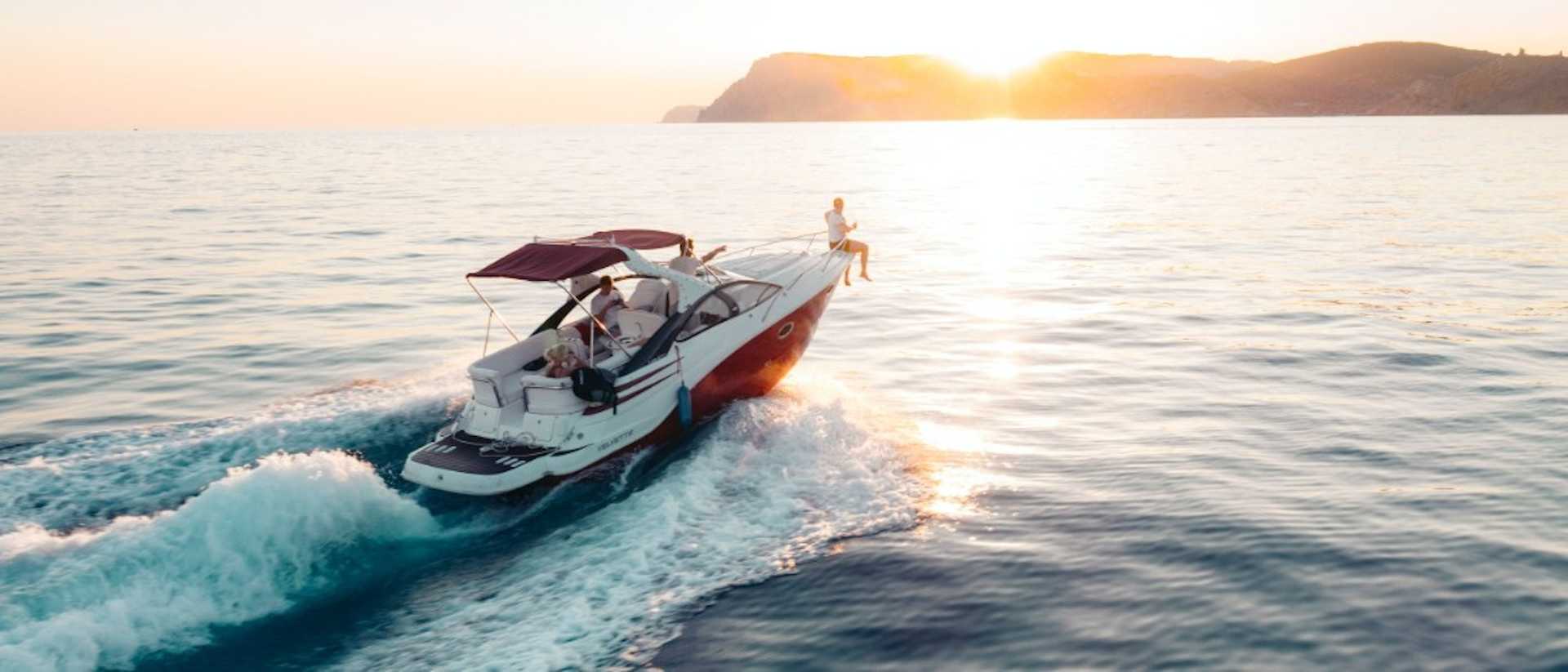
There’s nothing better than heading out on the water with a few mates to go to those fishing spots or surf breaks further out. Cruising down the river or along the coast is an Aussie pastime - there’s no doubt about that…but it can be an expensive one (if you’re the boat owner!).
In this article, we’ll go through all the nitty gritty costs of owning a boat that you might not have thought about just so you can be prepared when you take the plunge and buy your first (or next!) boat.
Approximate purchase price of boats in Australia
Of course, just like with homes, cars and clothes, boat prices can vary enormously depending on what you’re after.
They can range from your cheap and cheerful all the way up to the ones that you’ve got to dismantle bridges and own the world’s largest company to drive…nice one Jeff.
If you’re looking to buy an average sized boat, consider that you’re going to be looking for something in the $35,000 - $80,000 range. Here are some more prices you might see when exploring your options:
Cabin-free motorised fishing boat
New: $35,000
Used: $15,000
Personal watercraft (jet skis)
New: $28,000
Used: $3000
Yacht
New: $1 million per 3.3 feet length
Used: Unknown
Superyacht
New: $4 million+ (plus crew)
Used: Unknown
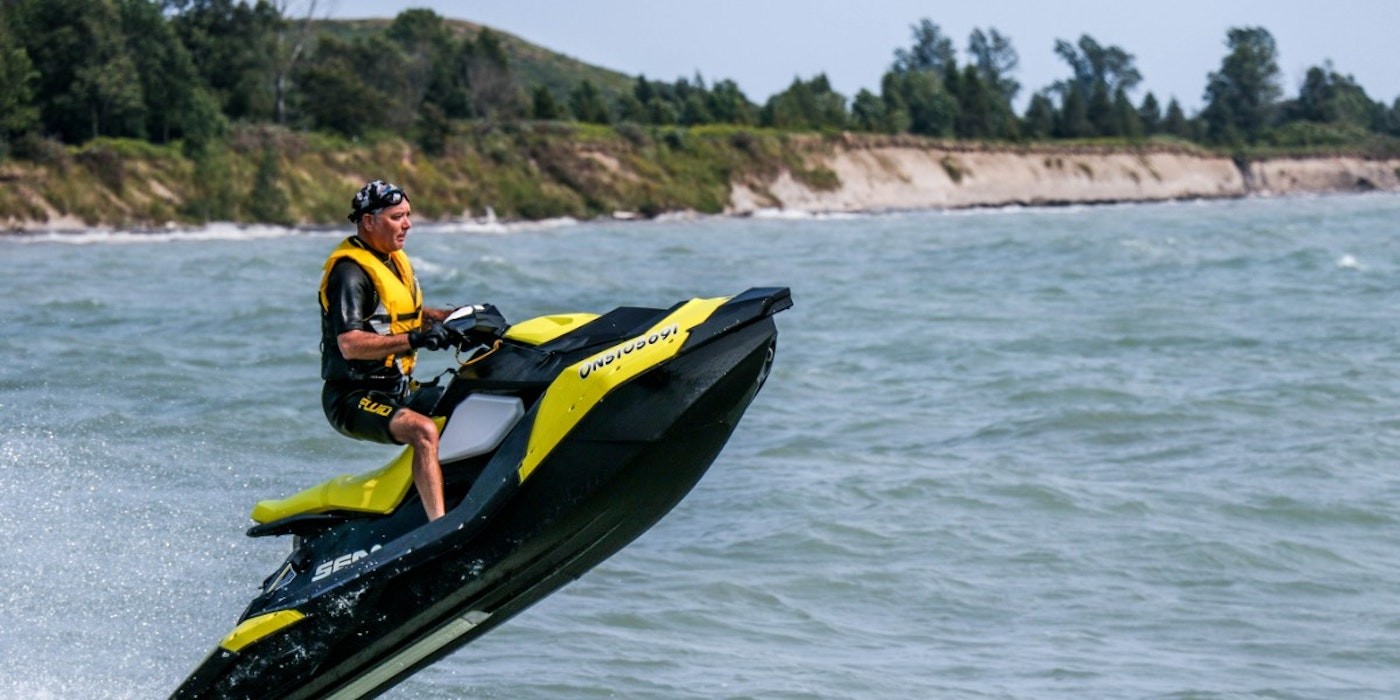
First, let’s look at ongoing costs and boat maintenance costs
The amount of money you’ll spend on maintaining a boat and the ongoing costs needed to operate it can vary depending on the type and size of boat you have. It’s impossible to give an exact figure, but you can estimate that it’s going to cost between $2000 and $4000 per year. Obviously smaller boats will have fewer maintenance costs than bigger boats, and a used boat may be cheaper at first but require you to pour money into them to fix them up.
Maintenance costs generally include checking the oil, propeller, steering movement, hull, deck, bilge pump, battery, electric systems and more. It also includes cleaning the hull and deck and charging your battery.
You will also need to consider painting the hull during your annual service as well as replacing the sails every two or three years. Preventative maintenance, although unglamorous, can save you huge amounts of money in the long run and is an important part of boat ownership. You will also need to factor in trailer maintenance if you are opting for dry storage at your property or elsewhere.
Fuel consumption and operating costs for boat owners
A boat's fuel consumption cost is another aspect that’s difficult to just define without considering the type of boat, its age, and various other information that can provide a more concrete answer. You’re going to be paying for a variety of things when it comes to a boat, so it’s best to be prepared.
Fuel consumption on average for a smaller boat is between 11 and 30 litres per hour at a cruising speed. Faster and larger boats can use between 75 and 100 litres an hour. Other factors that affect fuel consumption include wind rate, sea conditions, carried weight, and general weather conditions.
As a general rule of thumb, most boats will burn through fuel at a rate of their engine horsepower divided by 10 for petrol and by .06 for diesel per gallon.
Next, there are boat storage costs
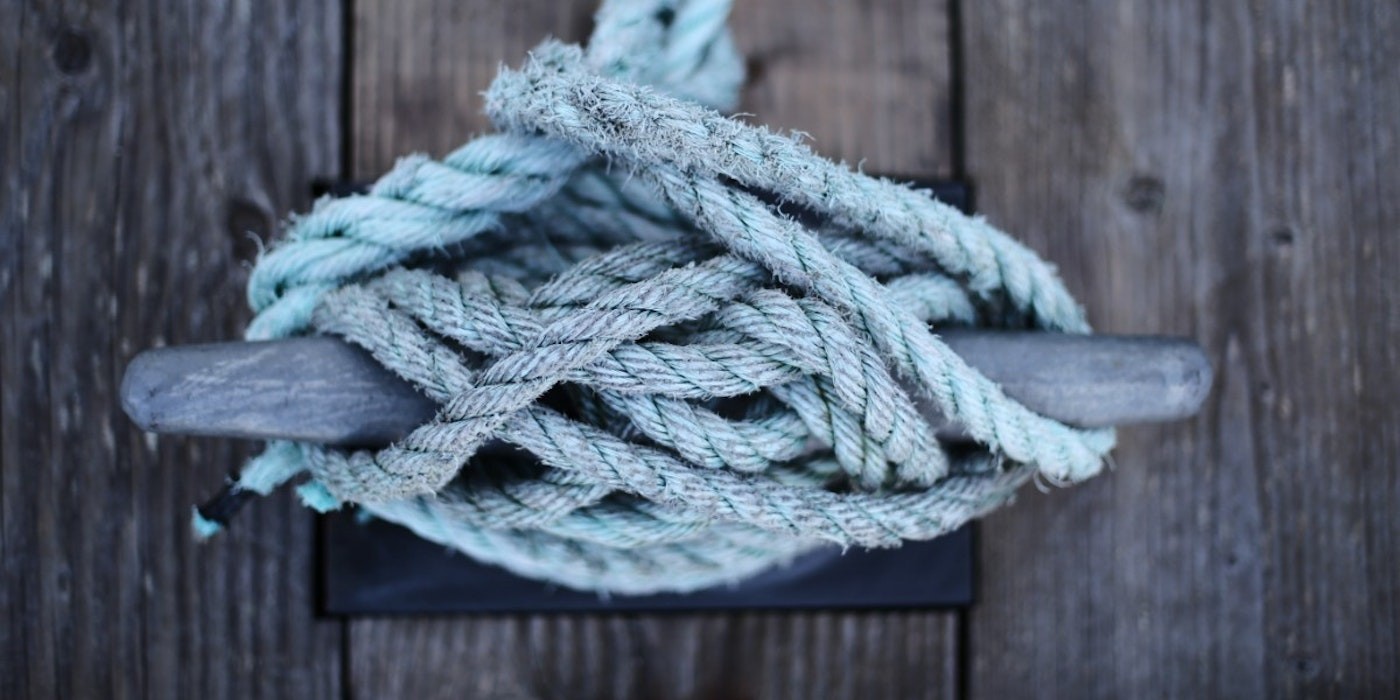
It’s so easy to forget about the storage aspect of owning a boat, but this is another major source of costs for owning a boat. You’re not going to use your boat 24/7 unless you’re living on it and even then there are marina berthing costs or swing mooring fees that you will have to pay when you come on land to buy supplies. Whichever way you plan to use your new boat, you’ll need somewhere to store it.
There are several options available to you both on the water and out on land. The general cost of indoor storage is between $50 and $200 per foot, while outdoor storage is between $20 to $50 per foot. Indoor storage in a dry stack facility for example does provide more peace of mind thanks to the security and protection of boats - they’re generally more expensive for this reason.
The cheapest boat storage option is to just keep your boat covered at home in a garage or in the driveway. While this is cheaper, it does mean you’re left with more responsibility in terms of security and the winterisation of the boat. Luckily in Australia, our winters are generally more mild! Some homeowner associations also have specific rules on boats in a driveway, so check those out before making a firm decision.
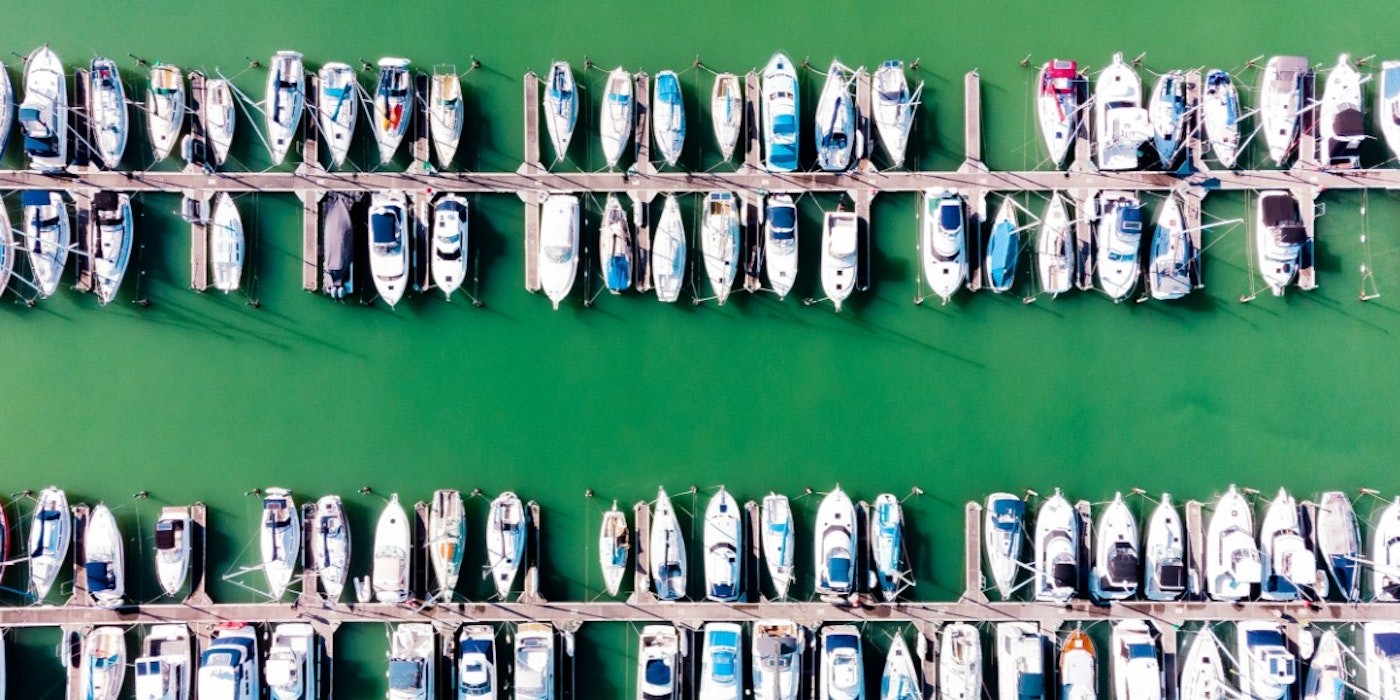
Storage Type & Boat Cost for Storing Your Boat
Dry stack - $150/ft per year.
Marina Berth - $20 - 50/ft per year.
Self-storage - $50 - 400 per month.
At home - The cost of a boat trailer. The price tag starts at $500.
Extras and necessities!
Life Jackets
Yes, life jackets are by no means fun or glamorous, but when you fall off or have an accident, you’ll be thankful for something to keep you afloat. Regardless of your intentions with a life jacket, you need to have them on board for guests and per the laws of Australia. According to the law, you need one per passenger on board your boat. So get a few extras just in case.
Other Safety Gear
Beyond life jackets, you should consider getting other safety gear items to ensure you’re ready for anything. Some items you can get include:
- Illuminated compass.
- Waterproof torch.
- Navigation bulbs.
- Freshwater (1L per person).
- Space blankets.
- A capsize bottle and some rope (1.5 times the length of the vessel).
- Inflatable life-raft.
- First aid kit.
- Marine radio.
Trailer
It’s all good having a boat, but you’ve got to get it places. In some storage cases, you may choose to have your boat out of the water rather than in it. In that case, you are going to need a trailer to cart the boat to and from the water. Some storage places offer this service, so do your research before spending over $500 on a new boat trailer.
Fishing Gear
Being able to get to the best fishing spots is why most of us want a boat! Having a boat is going to make you the coolest guy in your friend group because now you’ll be able to have some adventurous fishing expeditions. Before you get ahead of yourself, you need the gear! Make sure to include fishing rods, reels, gaffs, sinkers, lines, hooks and bait in your boat finance plan.

Sports Equipment
Now you have access to the wide world of water, make sure to take advantage of your boat by taking it out and looking for the best spots for surfing, paddle boarding and tubing. Buying gear for sport of choice is another thing to include in your boat finance plan.
A Car Adequate To Tow a Boat
If you’re going to be towing your boat around, it’s important to have a car with a towing and engine capacity that can manage the job without a struggle. You’re going to need to either consider getting a car that matches the needs of your boat or get a boat that matches the capabilities of your car. Of course, there are third-party solutions to consider as well if you’re not in a position to get a new car, but these will cost you. You will also need to make sure that your car insurance covers boat towing.
Don't forget your boat insurance costs!
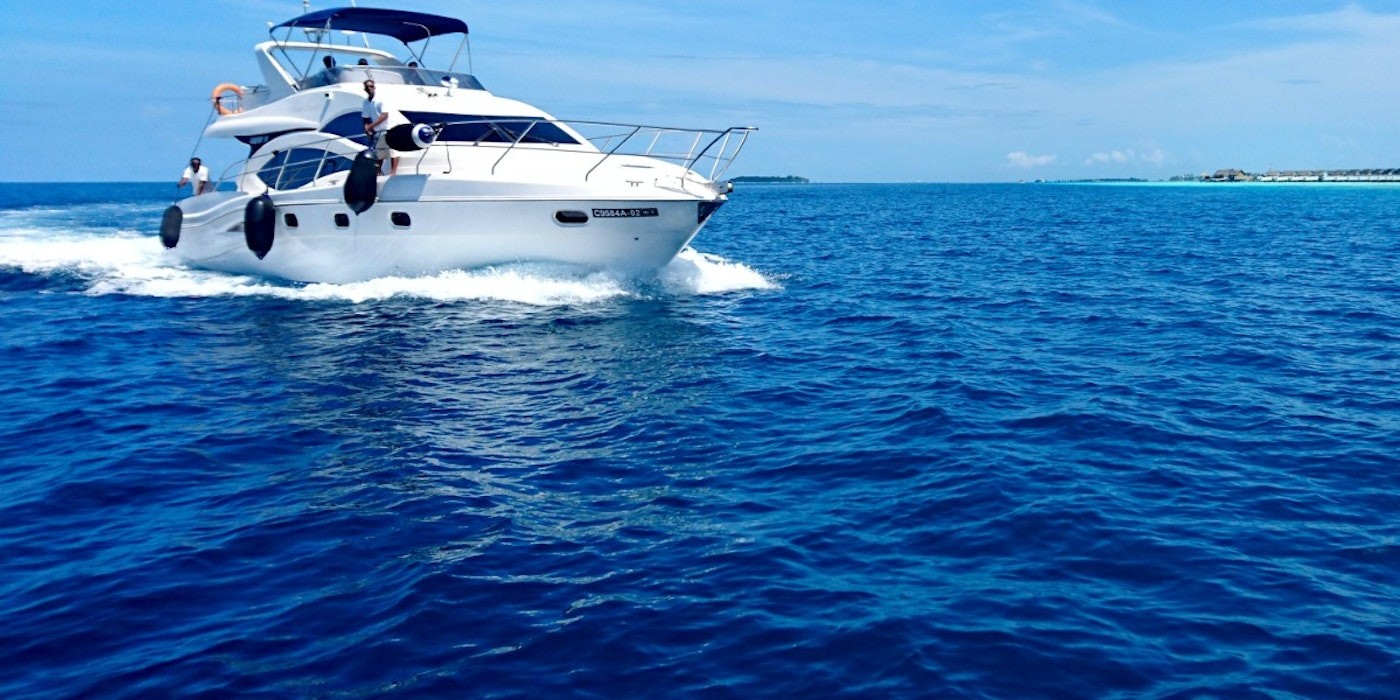
Never let anyone tell you boat insurance doesn’t matter - it goes hand in hand with boat ownership - and for good reason! As we’ve seen, natural disasters can wreak havoc on any place in the world and your boat is definitely no exception - no matter if you’ve opted for a marina berth or a dry stack. You’re going to be paying between $300 and $500 annually for boat insurance.
Boat insurance is determined by factoring in several aspects of boat safety provided by your vessel. Some of these factors include the boat's age and type, the condition of the motor, the boat's intended purpose, the boat’s storage, your driving record, and more. Small game boats stored out of salt water will have lower insurance costs than larger cabin cruisers parked in most marinas on permanent mooring options for example.
Then there are those taxes, fees, and certificates associated with owning a boat in Australia!
Taxes
A boat tax depends on where you reside in Australia, as it’s not something that happens all around the country. So, review your local laws to understand what you’re expected to pay in boat taxes.
Fees
You’re going to face several fees as a boat owner for registration and regulation. You’ll also need to register all powerboats with engine capacities over 5 horsepower and sailing vessels that are over 5.5 metres and pay licence fees. The prices of all these fees do vary depending on the state you live in. Often, fees start the moment you buy your boat
Certificates
You’re going to need to get a certificate that allows you to drive your boat into the sunset. Like a car, you can’t just get behind the wheel and do as you, please. So, get your boating licence certificate to enjoy the open waters.
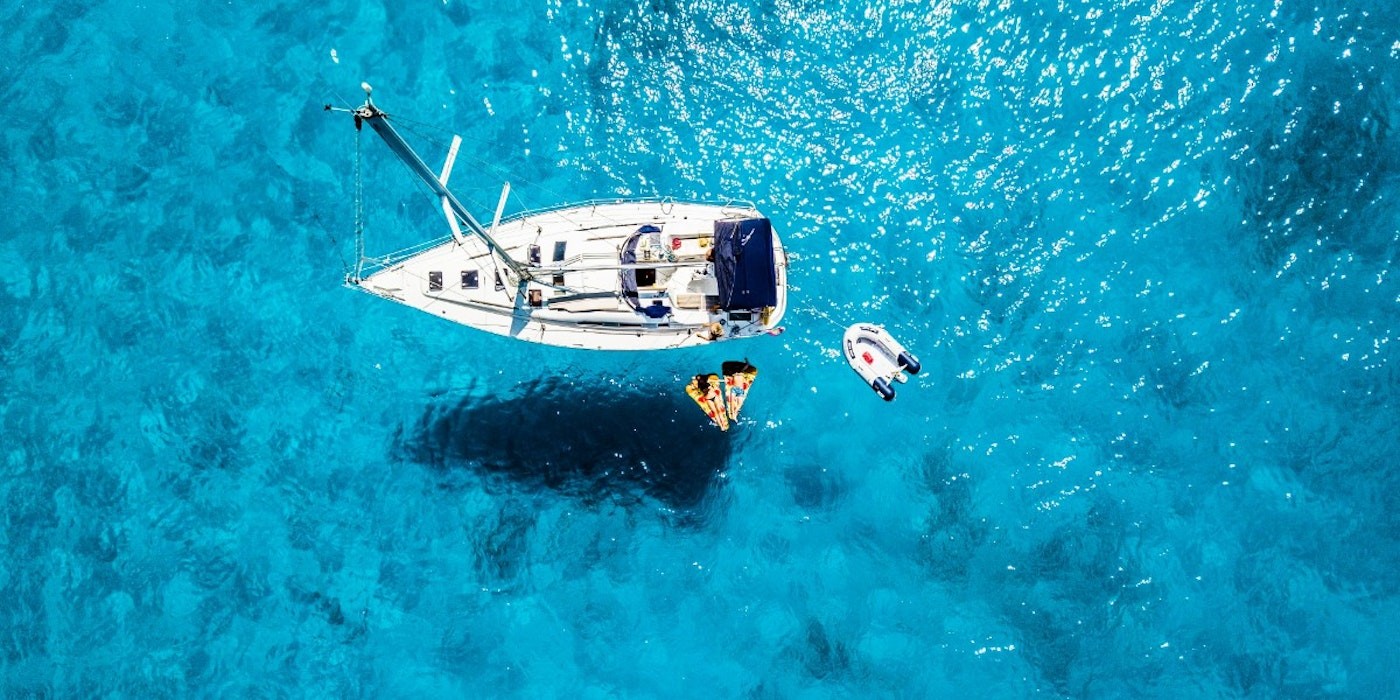
Hopefully, this info didn’t scare you away from boat ownership and instead prepared you!
There’s nothing more beautiful than getting out on the water and enjoying the ocean or river. So if you’re ready, it’s time to take that next step and enter the world of owning a boat of your own! With so many amazing options out there, you’ll find the boat of your dreams in no time.
When you’re ready to start the buying process, head on over to Driva so we can hook you up with the best possible loan offer to make your dream a reality. Let’s get you a boat, Captain.
FAQs
Is it worth investing in a boat?
Absolutely! Boats are 100% worth investing in as they provide various benefits and opportunities. Some of the benefits associated with boats are learning new skills, creating memories, having fun, relaxing, and going on adventures. Beyond benefits, there’s also some opportunity to be had in owning a boat. You’re not going to always use the boat, and while they aren’t incredibly expensive to maintain, they aren’t cheap either. So, why not start a business where you can rent out the boat for tours, fishing, etc? This way, you’re making money on something you still have the opportunity to enjoy whenever you want!
Is a boat high maintenance?
Yes and no. While owning and maintaining a boat isn’t necessarily difficult, it’s not something to take lightly. You need to be consistent with the cleaning of your boat as well as thorough and dedicated. There are various aspects of boat maintenance that might be more challenging than others, but overall, it’s not an overly complicated process.
How much does it cost to moor a boat in Australia?
In Australia, the cost of mooring a boat can start at roughly $500 per month. This is for simple mooring. In some locations, especially the more high-profile kinds, the cost can balloon to about $1000.
How much does it cost to keep a boat in Sydney Harbour?
The cost of keeping a boat at Sydney Harbour can differ depending on the type of storage required and the type of vessel you’re looking to store. The price starts at about $488 per month for the uncovered option and $612 for covered storage. Usually, you’ll have to sign a contract for either casual storage, half-year storage, or annual storage.


.png)



.jpeg?ixlib=gatsbyFP&auto=compress%2Cformat&fit=max&rect=0%2C0%2C800%2C800&w=500&h=500)



